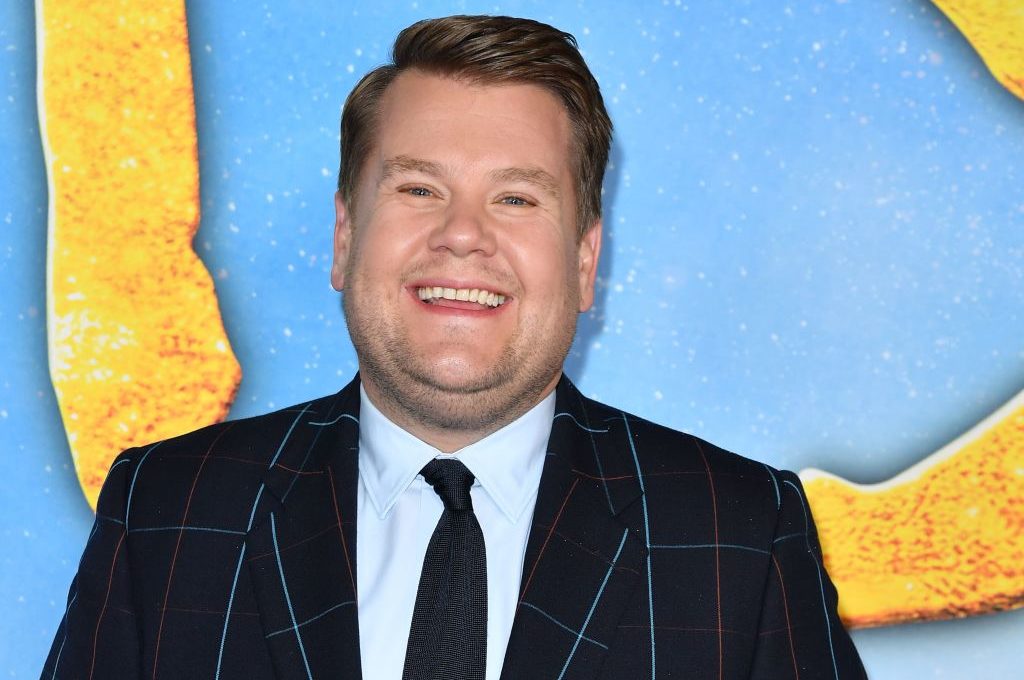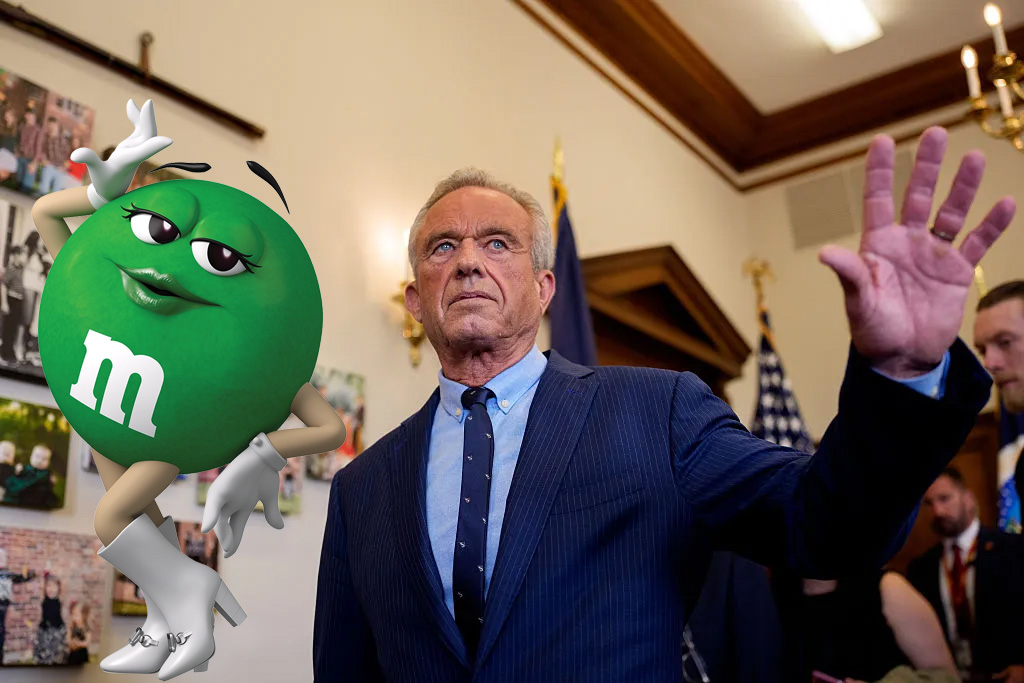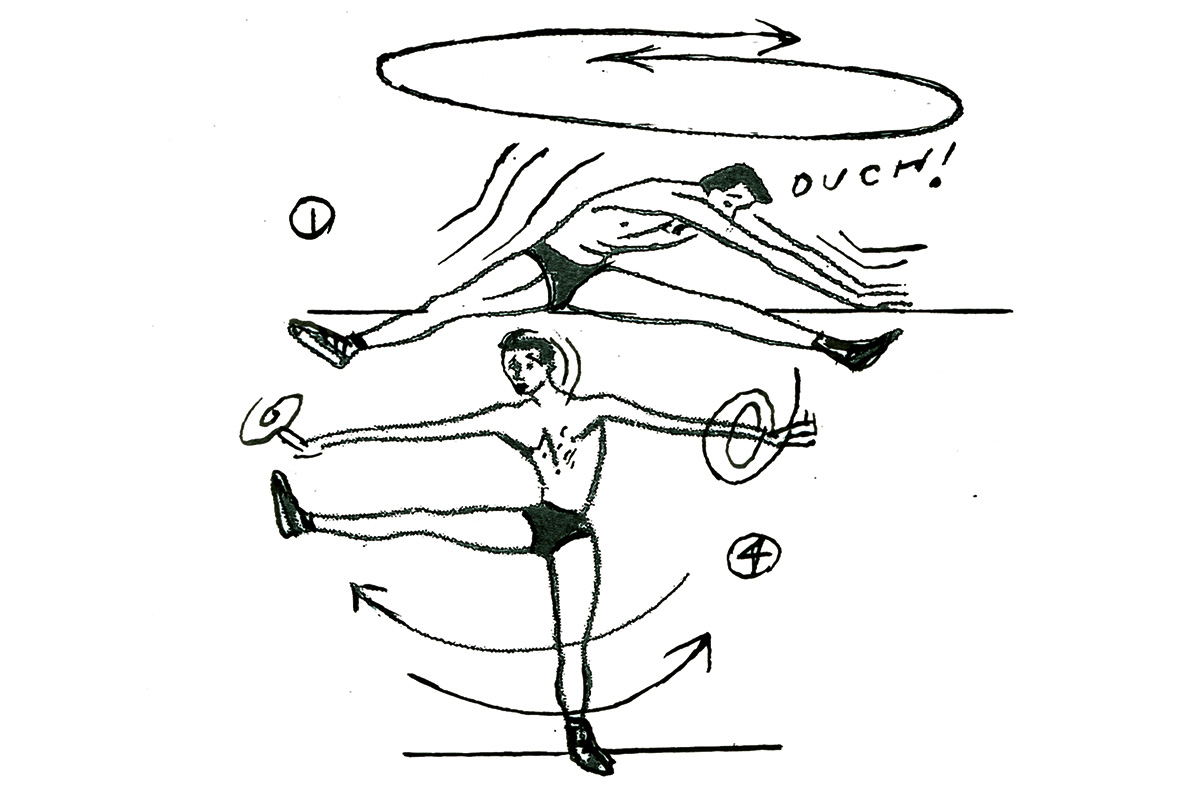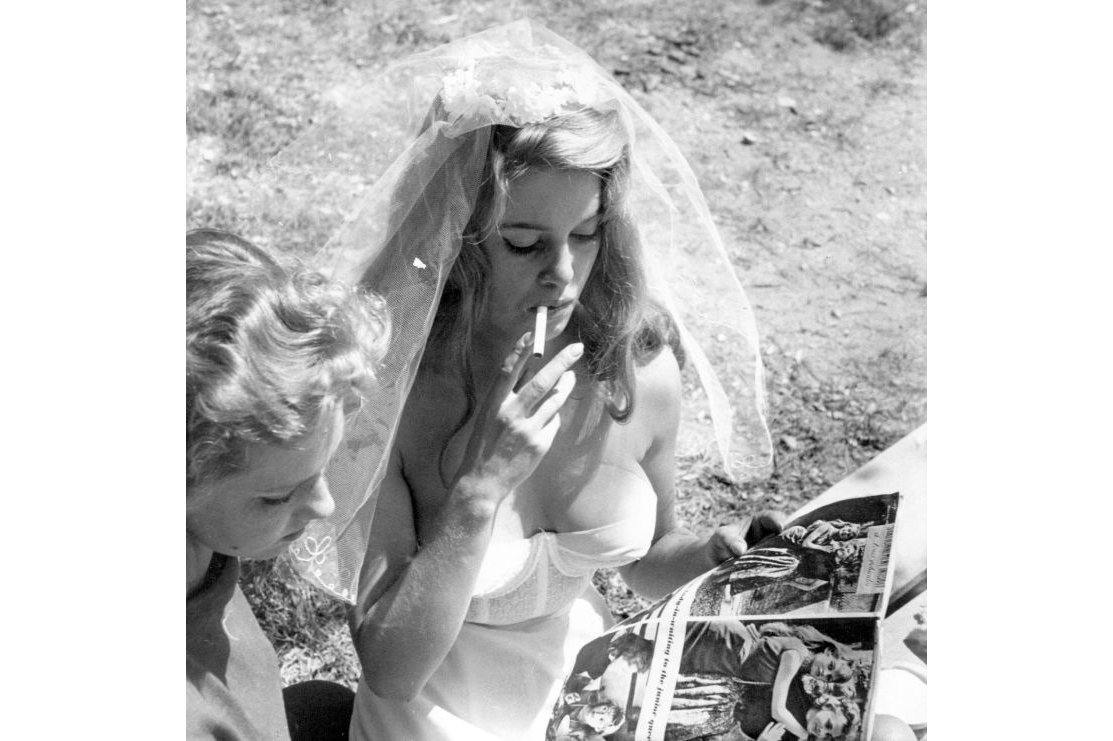After last week’s revelation that James Corden was banned from a New York restaurant for being repeatedly horrible to staff, I’ve been considering the different way fat men and fat women are viewed.
Fat men are invariably seen as jolly — who can imagine a thin Santa Claus? — despite the roll-call of porky evil, from Fatty Arbuckle, abuser of women, to Cyril Smith, abuser of boys. If they are well-connected drunks, fat men may also be called “bon viveurs” whereas fat women are seen as “eating their feelings” at best, being lazy and thick at worst.
To declare my considerable skin in the game, I am an overweight sexagenarian (I resemble one of those game old girls in a Beryl Cook painting) who in my youth was a size 6 with a handspan waist. But what did beauty get me? Tony Parsons. I also noticed that, when slender, I just couldn’t seem to stop committing adultery. There’s a lot to be said for losing one’s looks — one’s morality improves immeasurably. Nevertheless, I have no time for those women who are “proud” to be fat, or plead “big bones.” I got this way through hedonism and idleness — and I’m sure I’m no exception. If the “fat activists” of Instagram were actually active, they wouldn’t be fat.
But it’s obvious why they’re overreacting. For as long as the entertainment industry has existed, female comics from “Two Ton” Tessie O’Shea to Jo “Sea Monster” Brand have seen fit to draw attention to their fatness before some hideous heckler reminded them of it. You can’t get away from Miriam Margolyes now — old age confers comfiness on the obese — but she has been an actress since she was a girl and for many of those years confined to voice-work. “My body is just a disgrace,” she said recently. “I really don’t like it.” I can’t imagine that the late Robbie Coltrane (who once literally snarled at me when I had the cheek to express a political view different from his on a talk show many years ago) would ever have said this, despite the fact that doctors apparently told him when he weighed more than 280 pounds that he must lose a third of it or live his life in constant pain. Overweight actresses from the ghastly Dawn French to the charming Ruth Jones have switched careers and become successful novelists, dress size being no limitation in the creative arts as opposed to the performing arts.
America has always led the world in obesity but it’s interesting that a side effect of Adele’s success in the US was losing half of her body weight to the point where she is barely recognizable. There’s the singer and rapper Lizzo, whose talent and insight (“The funny, fat friend — I played that trope in high school. Or the friend who is gonna beat your ass cos she’s big. Or it’s the big girl who’s insecure cos she’s big… I don’t think I’m the only kind of fat girl there is. I want us to be freed from that box we’ve been put in”) have allowed her to remain unmoved by the ceaseless squabbles which take place in the American media over whether she should be “allowed” to be proud of herself. I don’t remember Pavarotti’s considerable bulk being the same kind of cultural battleground.
Of course Kanye West had to weigh in, calling fatness in African Americans “a genocide of the black race… when Lizzo loses ten pounds and announces it, the bots attack her for losing weight, because the media wants to put out a perception that being overweight is the new goal when it’s actually clinically unhealthy, and for people to, to promote that… it’s demonic.” When West looks in the mirror, what does he see? A wand-like youth? Or the rather chunky reality? But of course, it’s different for men.
Perhaps the oddest aspect of the difference between being a fat man or woman in the public eye is the unequal romantic pairings of such. In an unintentionally hilarious video for a song called “Wild Thoughts,” the slim Rihanna sidles around the vast DJ Khaled asking him if he wants to “see me nakey, nakey, naked” — I think we all know the answer to that. Now imagine a fat girl doing the same to, say, Drake. Of course, pairing ugly men with pretty women is a given in entertainment, but the fat man/thin girl combo is especially striking as one can’t help but imagine the likelihood of sexual peril.
When they’re not helping themselves to thin girls, many fat men somewhat surreally feel that they have the right to criticize fat ones. There are those huge Americans who wear T-shirts bearing the legend NO FAT CHICKS and there’s the corpulent comedian Aries Spears, who said of Lizzo that “a woman that’s built like a plate of mashed potatoes is in trouble.”
It’s easy to understand why the way women look has historically been far more important than men’s appearance. Until relatively recently, all women had to bring to the marketplace was their beauty. But this isn’t the case any more — even a mediocre woman can reach the top of her profession, as the recent hokey-cokey at No. 10 Downing Street proves. Fat isn’t desirable, either aesthetically or medically, in either sex. But as long as men are considered the sum of their parts while women are judged on some of their parts, this whopper of a double standard will persist.
This article was originally published in The Spectator’s UK magazine. Subscribe to the World edition here.

























